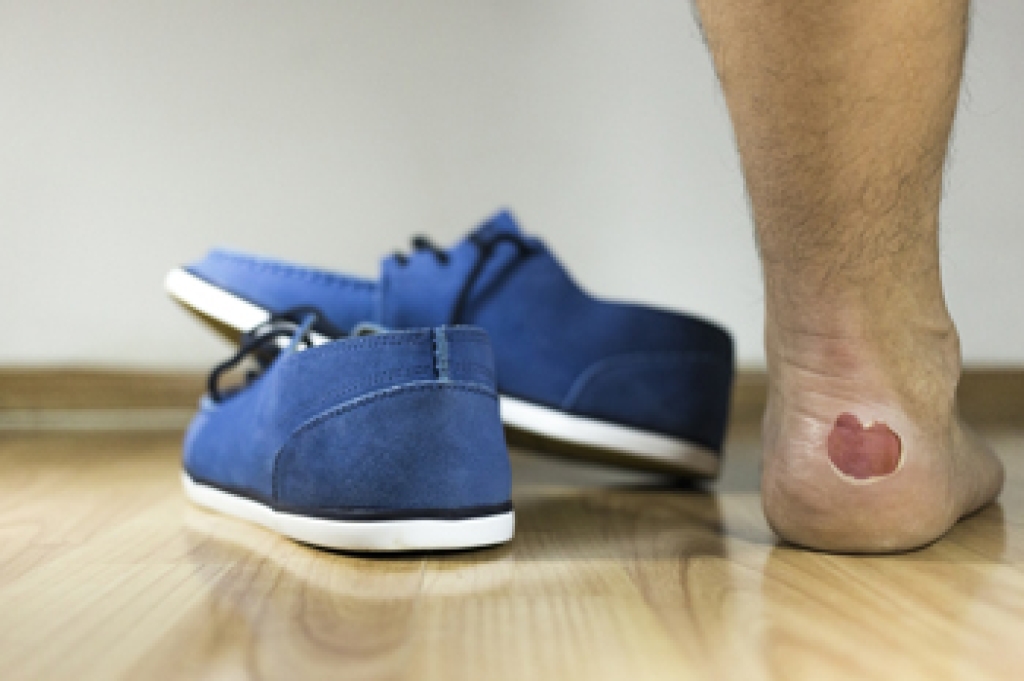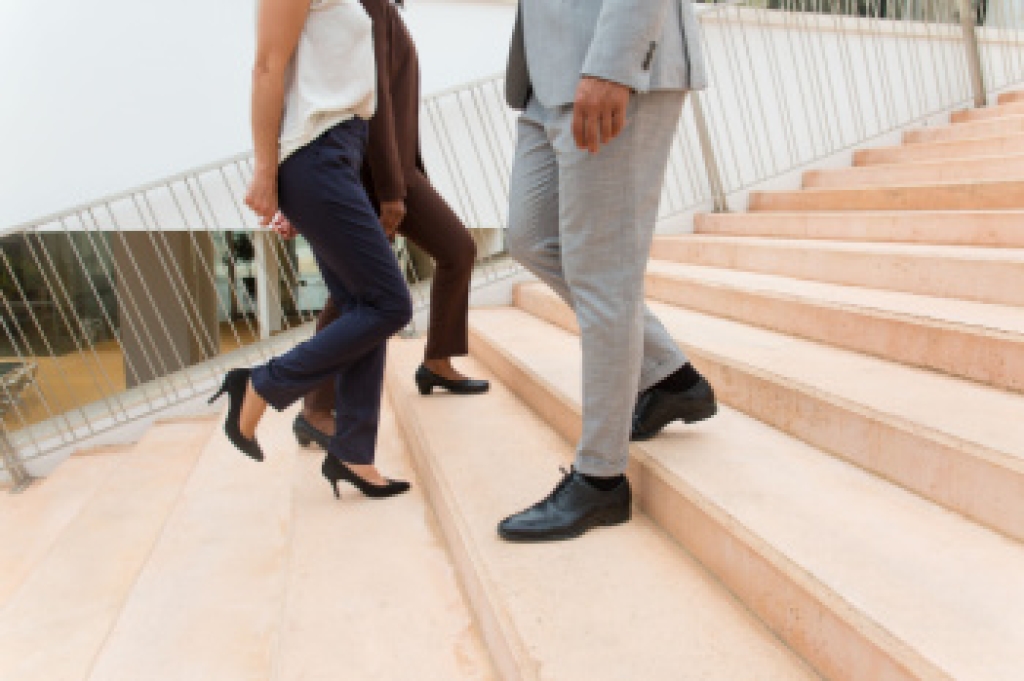
Morton’s neuroma occurs when tissue surrounding a nerve between the toes becomes thickened, leading to burning pain, tingling, or a feeling of walking on a small object. When conservative measures such as shoe modification, orthotics, activity changes, or injections fail to provide relief, surgical intervention may be considered. The procedure is designed to reduce pressure on the irritated nerve or remove the affected nerve segment, depending on the individual case and severity of symptoms. Surgery is usually performed on an outpatient basis and often allows for a gradual return to walking with protective footwear. Healing time varies, but many patients experience meaningful improvement as inflammation resolves. Some numbness between the toes can occur following nerve removal and is considered during treatment planning. When forefoot pain continues to interfere with comfort and mobility, it is suggested that you seek evaluation by a podiatrist to help determine appropriate next steps, which may include surgery.
Foot surgery is sometimes necessary to treat a foot ailment. To learn more, contact one of our podiatrists of Mercer Ocean Podiatry. Our doctor will assist you with all of your foot and ankle needs.
When Is Surgery Necessary?
Foot and ankle surgery is generally reserved for cases in which less invasive, conservative procedures have failed to alleviate the problem. Some of the cases in which surgery may be necessary include:
- Removing foot deformities like bunions and bone spurs
- Severe arthritis that has caused bone issues
- Cosmetic reconstruction
What Types of Surgery Are There?
The type of surgery you receive will depend on the nature of the problem you have. Some of the possible surgeries include:
- Bunionectomy for painful bunions
- Surgical fusion for realignment of bones
- Neuropathy decompression surgery to treat nerve damage
Benefits of Surgery
Although surgery is usually a last resort, it can provide more complete pain relief compared to non-surgical methods and may allow you to finally resume full activity.
Surgical techniques have also become increasingly sophisticated. Techniques like endoscopic surgery allow for smaller incisions and faster recovery times.
If you have any questions, please feel free to contact our office located in Toms River, NJ . We offer the newest diagnostic and treatment technologies for all your foot care needs.




